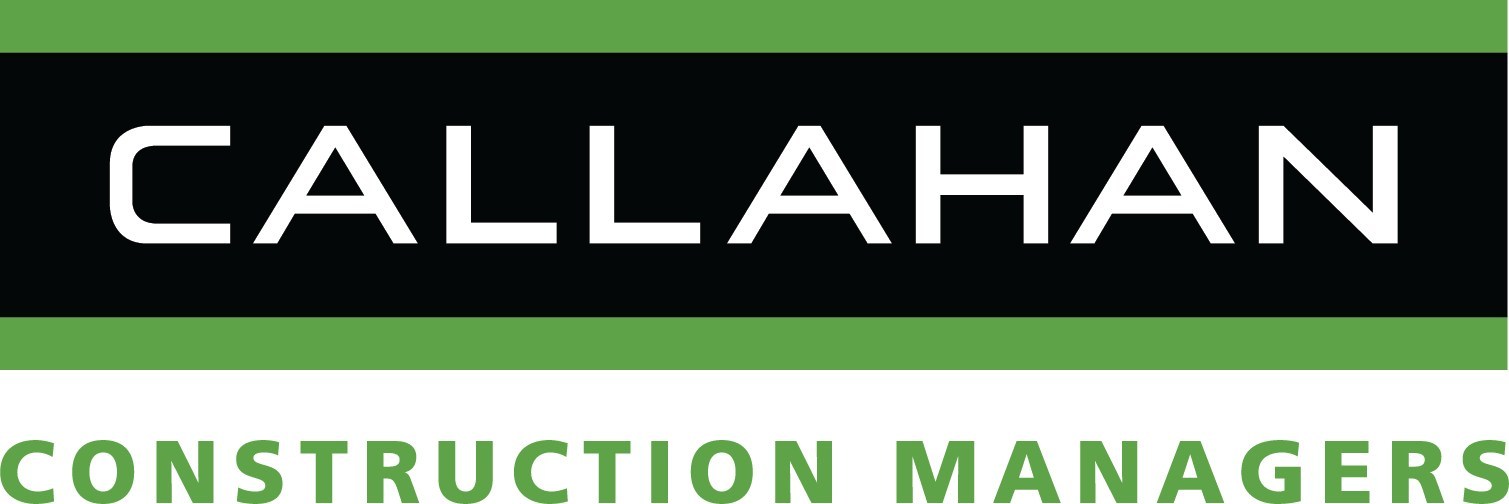Construction Chugs Along In Boston Suburbs As City Center Waits

Back in March, Boston made headlines as the first major American city to shut down construction. But just a few miles outside the city center in every direction, job sites are still open.
While Massachusetts Gov. Charlie Baker has deemed construction an essential service statewide, mayors and local governments have final say on whether work continues in their jurisdiction.
For the Boston metro area, the result is a patchwork of shutdowns and requirements — job sites are shut down across the river in Cambridge but not across the bay in Revere. Brookline’s ban is voluntary, Quincy and Newton have each implemented their own sets of social distancing guidelines, while Somerville has halted work entirely.
Boston’s building ban shut down 97 different projects across the city. For contractors that work primarily in the suburbs, though, business has remained remarkably steady.
“There’s an immense number of safety protocols on all of our sites, and work has certainly slowed, but projects are still moving along under the new regulations,” said Steve Callahan Jr., who serves as vice president of business development at Callahan, a Bridgewater-based construction firm. “This is an ever-changing environment, but we’re optimistic about the future of our business.”
Though most of Callahan’s projects are within 10 miles of downtown Boston, only a handful of its projects have been shut down. In fact, the company has been able to keep hiring new employees even as the shutdowns have taken hold.

But work on Callahan’s job sites looks very different than it did in early March. At 500 Ocean Ave., a mixed-use development with 305 residential units in Revere, workers now go through a temperature screening process every morning. Anyone with a temperature above 100.3 degrees — the medical threshold for a fever — is denied entry to the site.
Once they pass the temperature test, workers line up 6 feet apart in preassigned queueing areas. There they meet with their respective foreman, who issues and signs a questionnaire certifying that the employee has no symptoms related to COVID-19, has not been in contact with anyone who has been diagnosed with COVID-19 and has not been asked by a health professional to self-quarantine.
Only once a Callahan employee has verified certification sheets for all the workers under a subcontractor’s management are those workers allowed to enter the site.
This process has been implemented across all of Callahan’s work sites, as have bans on carpooling and strict daily cleaning schedules for break areas and trailers, twice daily for restroom facilities and shared surfaces.
Enforcing social distancing across his sprawling construction site is a never-ending task for Wayne Wendell, Callahan's senior superintendent at The Abby, a 610-unit mixed-use project being built in Quincy.
“COVID-19 has been a difficult task fiscally, emotionally and physically," Wendell said. "We are working hard to maintain and create an atmosphere where the subcontractors feel comfortable with the screening process as well as PPE and distancing guidelines. The regulations are making some tasks that require heavy labor more difficult. My feeling is that the trades are getting used to this, but it’s definitely slowing things down.”
Construction is at an earlier stage at the future site of The Residences at 120 Commerce, a 470K SF mixed-use project in Woburn. Because Callahan and its employees don't have to navigate tight internal spaces yet, social distancing is less strenuous.
"The work has been progressing nicely and will continue to do the same," said Paul Vozzella, the senior superintendent at 120 Commerce. "Because we have not missed any time to date, we are maintaining the original schedule of start and completion dates. Barring further complications from COVID-19, we should be able to continue along this path."
Callahan has also been in constant communication with Massachusetts labor groups like the Local 7 Ironworkers to demonstrate not only what Callahan is doing to protect their constituents’ health and safety, but also their financial well-being.

“It’s a nuanced situation,” Callahan President Patrick Callahan said. “On one hand, I want to provide a good paycheck to as many members of our workforce as possible, and I don’t want our business to fall apart. But while we’re doing a great job with the safety protocols, I don’t want to tell someone to come to work if they feel unsafe leaving their home.”
As the crisis deepened, Callahan was quick to communicate with its owners and clients about what impact the coronavirus could have on the timelines of their projects and what precautions and regulations the company would be taking at the job site. Now, as new work comes in, those protocols are becoming an important factor during the bidding process.
“The information is going into all of our proposals, even if it wasn’t specifically requested,” Callahan Director of Business Development Phil Dinan said. “It’s top of mind for everyone now.”
Above all, Callahan is working to remain nimble. Boston may lift its ban on construction within the next few weeks, and crews that have sat idle for nearly two months will find themselves back on job sites that look very different than when they left.
“As we move forward, we’ll look to stay proactive and communicative so we can keep our employees, trade partners and customers safe, informed and happy,” Patrick Callahan said.
This feature was produced by Bisnow Branded Content Studio in collaboration with Callahan Construction Managers. Bisnow news staff was not involved in the production of this content.

